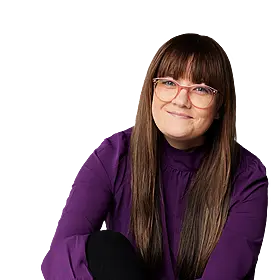You shouldn’t avoid sunscreen – but there are benefits to UV radiation, according to Professor Luke O’Neill.
People have known “for decades” that sunlight and UV rays increase the risk of melanoma – and of course, sunburn.
While it’s still important to protect against these conditions, UV radiation might not be as completely terrible as people think.
Speaking on The Pat Kenny Show, Professor Luke O’Neill explained a person’s skin is responsible for making vitamin D – and sunlight creates more vitamin D.
“UV hits off your skin, turns cholesterol, interestingly, into vitamin D,” he said. “You're lowering cholesterol, and the vitamin D gets made.”
UV benefits
Vitamin D – and therefore UV – can also aid heart function – although Prof O’Neill said scientists are not yet sure why.
“Because vitamin D is good for your immune system, it might clear the plaque in your heart or clear cholesterol is one kind of notion that I think is there,” he said.
Vitamin D also creates nitric oxide in the skin, which is used to relax blood vessels.
“You're making a natural dilator, we call this, in your heart, and therefore the blood flow increases,” Prof O’Neill.
“It goes into your blood - it dissolves into the blood and then eventually ends up on the heart, which is strange.”
 Sun above clouds with the wing of an airplane, 26-7-11. Image: Image Professionals GmbH / Alamy
Sun above clouds with the wing of an airplane, 26-7-11. Image: Image Professionals GmbH / AlamyProf O’Neill emphasised this is not an excuse to skip sunscreen – and in fact, sunscreen doesn’t actually block UV rays.
“Even though you've got sunscreen on, you can still make vitamin D,” he said.
“Whatever’s in the cream, the UV doesn't burn your skin, but there's enough getting through to make the vitamin D.
“High-level UV is bad, gives you sunburn and so on – Low-levels get through and then you can still make some vitamin D and that might be giving you the beneficial effects.
“You can get the benefits from the sun cream and then also get the benefit from the sunshine.”









